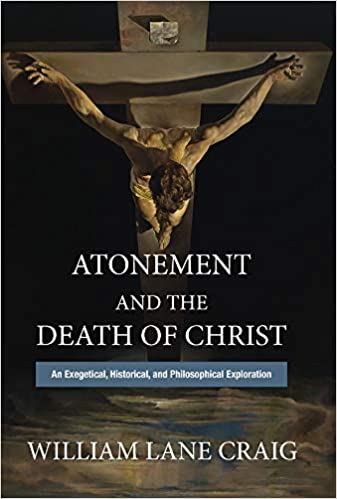Q. In your discussion of the justification for penal substitutionary atonement you stress that perhaps the main objection to the theory is that it is thought to include the notion that God punished Christ, an innocent person, for our sins, a premise you deny. You stress that Christ voluntarily chose to be our substitute and so his death is not a punishment inflicted by the Father. Please explain this distinction a little bit. I mean Isa. 53 certainly says it was the will of God for the servant to suffer. I do find it ironic in any case that there is so much hollering about punishing the innocent in contemporary discussions of human justice, when in fact other that Christ, there are no innocents! All have sinned means all! But perhaps the complaint is that person X is not guilty of particular sin Y and so should not be punished for it.
A. This question misrepresents my view. While I recognize the legitimacy of the view held by people like Stott and Marshall that Christ was not punished for our sin, that is not my view. I affirm that God punished Christ in our place, principally on the basis of Isaiah 53. Indeed, in my chapter “Satisfaction of Divine Justice” I argue that the non-punitive view, while adroitly sidestepping the objection based on the injustice of God’s punishing an innocent man, has greater difficulty explaining how Christ’s suffering the fate that we deserved satisfied divine justice if it was not a punishment. So I argue that God did punish Christ in our place, thereby satisfying the demands of divine justice. But what I also say is that Christ was not innocent. In virtue of the imputation of our sins to Christ, he was legally guilty before God and therefore justly punished for our sins. In legal terms he was held vicariously liable for our sins and therefore justly punished.













